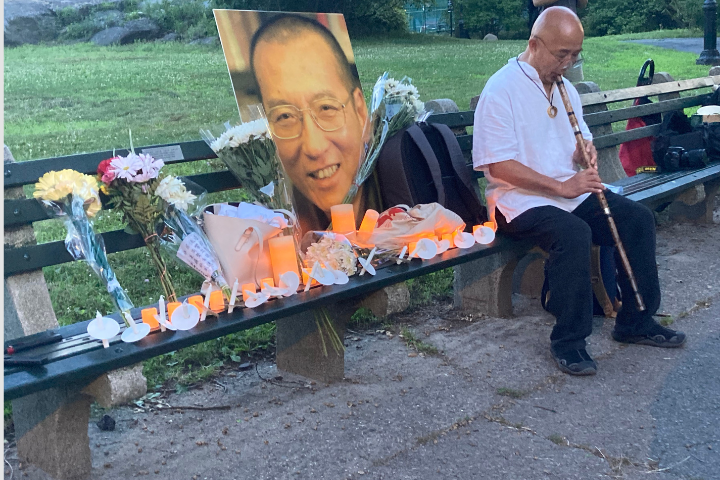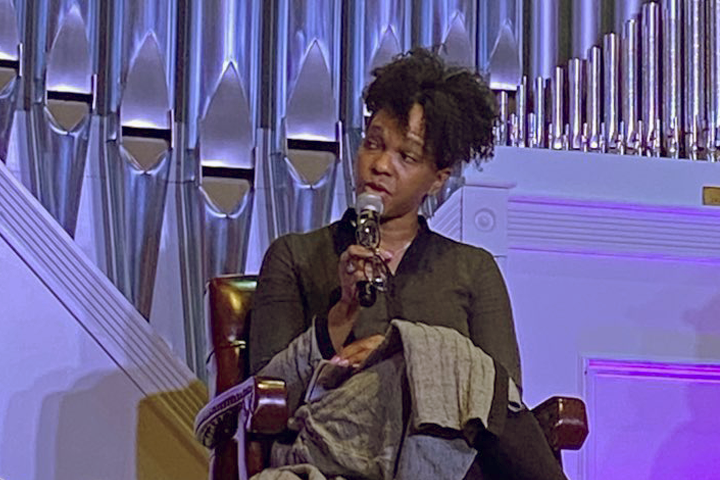PEN America works tirelessly to defend free expression, support persecuted writers, and promote literary culture. Here are some of the latest ways PEN America is speaking out.
- PEN America released a new white paper, Speech in the Machine: Generative AI’s Implications for Free Expression, warning that generative artificial intelligence could pose new threats to free expression by supercharging deception and repression and infringing on the work of writers and artists. CEO Suzanne Nossel wrote in The New Republic about how Hollywood’s battle against AI will affect us all.
- PEN America sent an open letter to an Iowa school district calling on district leaders to reverse an order to remove a list of nearly 400 titles if found in district schools and classrooms. Read more about which books were banned in why in our explainer on Urbandale, Iowa.
- PEN America’s Artists at Risk Connection (ARC) launched the Cuban Migrant Artists Resilience Fellowship, in response to the findings found in ARC’s most recent report, Método Cuba: Independent Artists’ Testimonies of Forced Exile. This initiative aims to provide essential support to 10 Cuban migrant artists who will receive a resilience grant, mentorship, and virtual trainings, among other opportunities.
- Nadine Farid Johnson moderated a discussion at PEN America’s Washington office with Tahir Hamut Izgil about Waiting to Be Arrested at Night, detailing the Chinese government’s brutal persecution of the Uyghur people.
Sincerest thanks to @TahirIzgil @jlfreeman6 Nadine Farid Johnson @PENamerica for a moving discussion of Waiting to Be Arrested at Night, poetry, politics, family, exile. A memorable evening. @hrw_chinese pic.twitter.com/Euad12Glss
— Sophie Richardson (@SophieHRW) August 4, 2023
- PEN America joined 63 other NGOs around the world in calling for the release of prominent Chinese human rights lawyer Lu Siwei, who was detained by Lao authorities while en route to join his family in the United States.
- PEN America condemned the Kurdistan Regional Government’s decision to extend journalist Sherwan Sherwani’s sentence by four years, just two months before his scheduled release, and the subsequent arrest of journalist Omed Baroshki for criticizing the court’s decision, highlighting the authorities’ callousness in suppressing free speech in the region.
- PEN America expressed concern over the reported arrest of Tunisian poet and scholar Sami Dhibi, stating that it is a troubling indication of the government’s widening crackdown on dissent and free expression in the country under President Kais Saied’s rule, who has implemented laws criminalizing the sharing of false news online, leading to a broader suppression of critical voices and cultural life in Tunisia.











